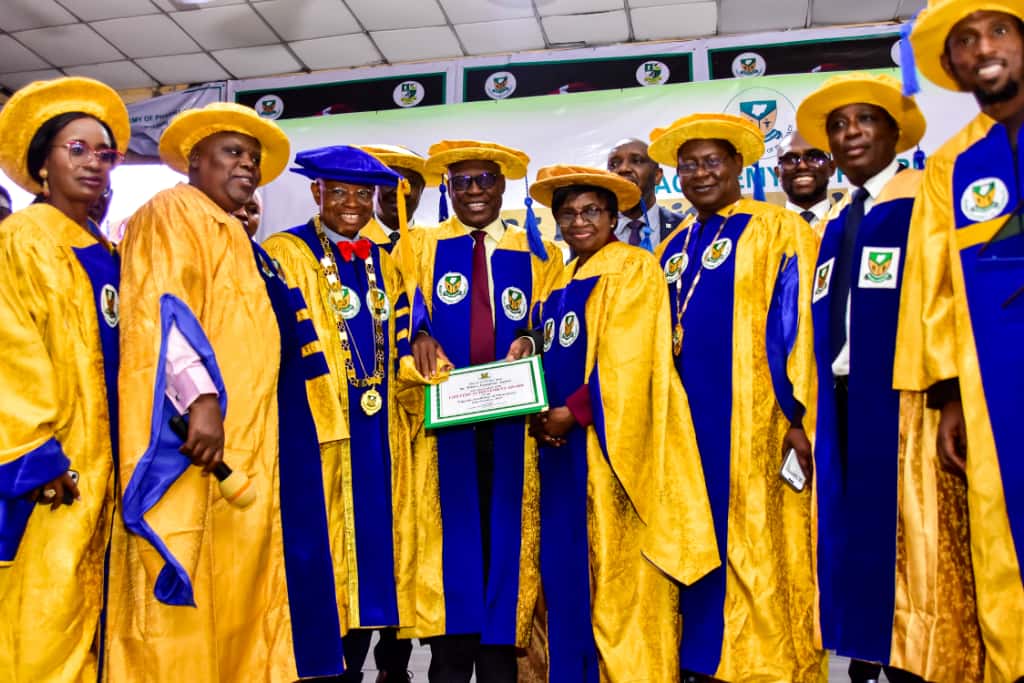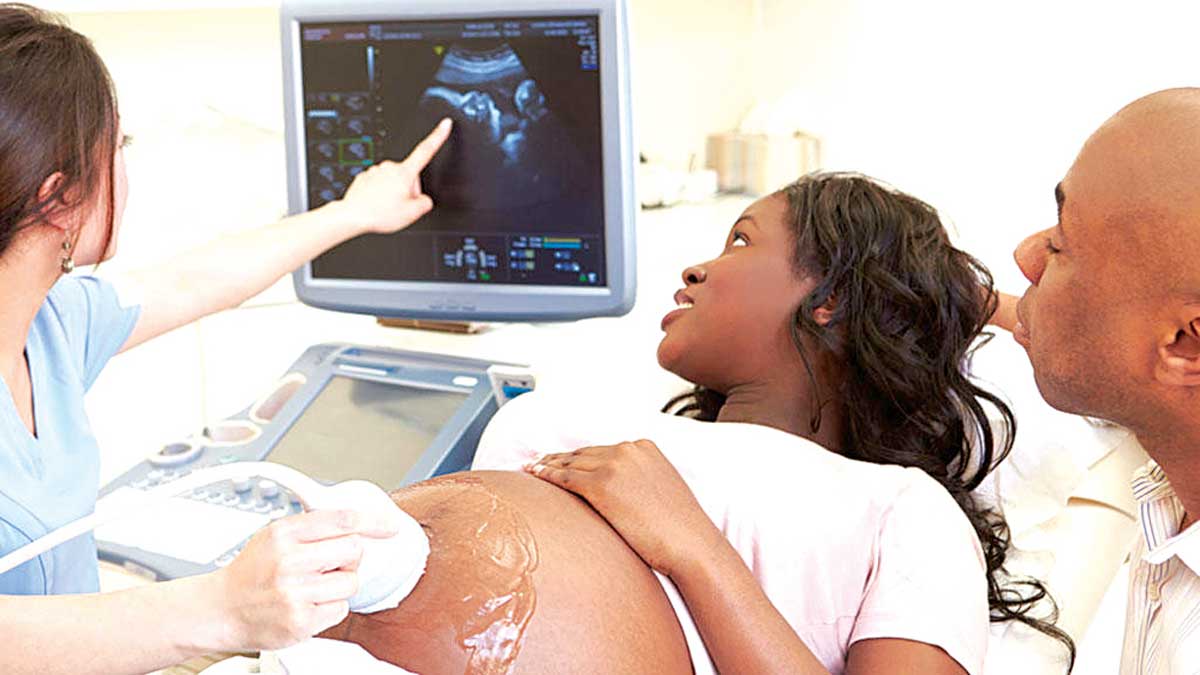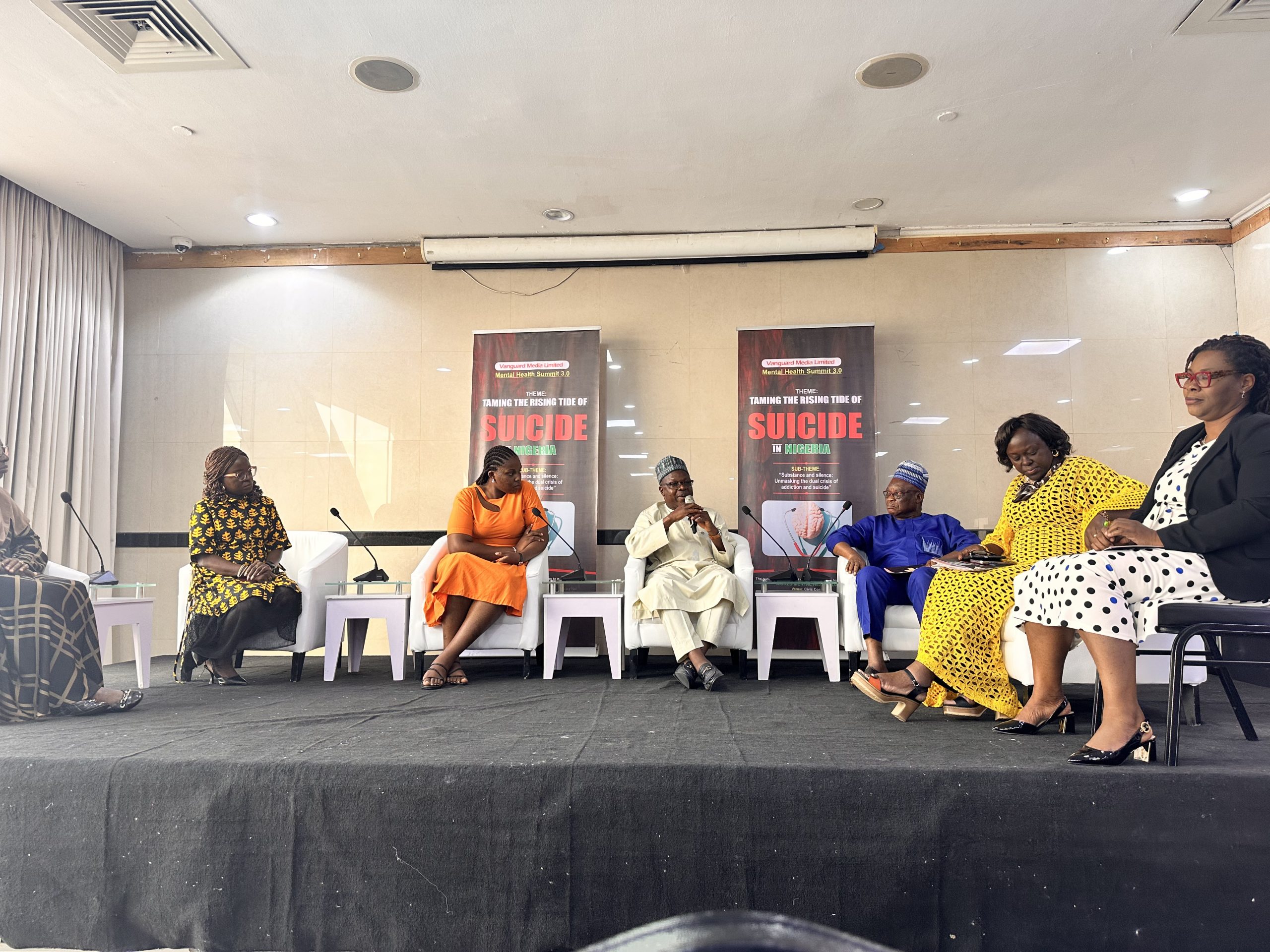• As health ministers from 47 African countries meet in Lusaka
Director General of the World Health Organisation (WHO), Dr Tedros Adhanom Ghebreyesus, has stated the organisation’s commitment to support member states in Africa in their drive to build robust national health systems, built on self-reliance, efficacy, and a commitment to deliver health for all.
Speaking at the opening of the 75th Session of the World Health Organisation (WHO) Regional Committee for Africa in the Zambian capital city, Lusaka, Tedros said WHO was working in lockstep with African nations to overcome the financial and security challenges many faced and to capitalise on the great potential Africa offers in health.
Declaring open the meeting, which had in attendance health ministers from the 47 countries in the African region, Zambia’s President Hakainde Hichilema pointed out that lessons from the COVID-19 pandemic were crucial in “strengthening health diplomacy to address inequalities” and called on regional leaders to position health “as a driver of regional trade and industrialisation”, as well as to harmonise public health regulations across countries.
Hichilema also called for “collaboration and a commitment to humanity in making decisions that enhance health and well-being across the region”.
In his speech, WHO Regional Director for Africa, Dr Mohamed Janabi, underscored the importance of collaboration among countries to lead the transformation of the health architecture to be “accountable, transparent and responsive to African realities.
Junabi called for robust health systems to serve the needs of the people.
In his contriabution, the Zambian Minister of Health, Dr Elijah Muchima, called for united action and deeper collaboration to address the continent’s health challenges.
He said: “The complexities of today’s health threats demand that we stand united. No single nation can overcome these challenges in isolation. We must deepen regional collaboration, share best practices, harness African expertise and innovation, and build long-term resilience across borders”.
Over the next three days, the ministers will deliberate on priority issues. They will adopt a resolution to fast-track progress on oral health, long neglected despite affecting millions, to ensure improved services across the region by 2030. Delegates will also debate how to end chronic blood shortages that endanger mothers, children and patients with sickle cell disease, with a new plan to modernize supply systems and expand voluntary donations.
According to WHO, the meeting will consider strategies to expand access to rehabilitation services, which remain unavailable to two-thirds of Africans in need, and to transform care for women, children, and adolescents, an area where the region still accounts for 70 per cent of global maternal deaths.
The UN body also noted that ministers were expected to review proposals to accelerate progress against malaria, which had continued to claim thousands of lives in Africa, and to close the continent’s critical health workforce gap, currently less than half the global standard.






